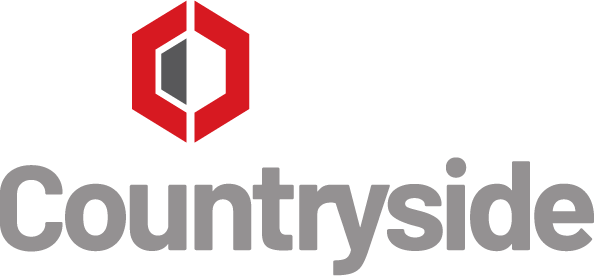“And community thrives where value is received for value promised.”
These days the news is like an elementary lesson on learning the letter “T”. If it isn’t about Trump, Trudeau, or Taylor Swift in Toronto, its about tickets. And specifically, tickets to Swift’s events. Her concerts have been notorious for ticket scalping.
Scalping is the term used when someone buys tickets to an event at face value and resells them later to desperate or unlucky candidates at often exorbitant increases in price. Capitalism in its righteous form includes economic freedom, meritocracy, efficiency, work ethic, entrepreneurship, fair wages for labor and an emphasis on innovation. Often it is mixed with state intervention and regulation to curb the unrighteous potential. (Scalping used to be illegal in Canada.)
I remember as a boy I was spending a day at the flea market. A friend and I came up with this plan of buying candy bars in packs and running around and selling them individually to unsuspecting comrades. In my defence we didn’t mark them up stupidly. But I would need to admit that our marketing message was beyond absurd and bordered on deception. We told people these candy bars are extremely good, but we simply have too many of them.
Fast forward many years to 2020 and Covid. During covid the demand for concrete projects far exceeded the availability of contractors. I remember meeting this guy at a gas station on Friday noon with a really nice fishing boat. I like fishing boats and wanting to see it closer and noticing the word concrete on the side of his truck, I sidled over to talk to him. He told me how he had just got done pouring and finishing a floating slab in someone’s back yard. When he told me what he charged I nearly fell over. I would have felt scalped.
Perhaps these stories depict the dichotomy of capitalism. The premise for a thriving mutually beneficial economy also provides for the temptation to take advantage. Not everything that could be done is legal, and not everything that is legal should be done. Scalping is a derivative of greed, and if not illegal, simply doesn’t sit right. The Bible says that you should not curse a deaf man. Why would it matter if he can’t hear anyway? Its not only about the harm it does to him, but the harm it does to yourself.
While it could be argued that price levels are legitimate disposal of supply and demand, we should remember that humanity will always be a function of community. And community thrives where value is received for value promised.
There are a few ways of thinking about pricing jobs in the construction world. Frankly, one method is simply to do what it takes to get the job. Whether that is low-balling when you are hard up or scalping when times are easy. This is not only inconsistent, neither does it provide any metrical sense of value or business continuity.
Another is trading time for money and marking up your materials. The problem with this method is that the better and more efficient you get, the less reward you have, which leaves less motivation to get better, which ultimately lowers value given.
Construction projects, like any other product or service, have a market value range. There are customers on every level of that scale. Our job as contractors is to decide where on that scale we can be and want to be. We then need to invest accordingly, market honestly, quote consistently, and deliver equivalent value.



